There is a lot of research into the influence of nutrition on the functioning of the brain. This is not for nothing: some nutrients have a proven positive effect on the functioning and condition of the brain. What should you pay attention to if you want to keep your brain healthy?
Balanced, varied and healthy food is in principle sufficient to get all the necessary nutrients. But which nutrients are good for your brain and what are those substances in?
Fatty fish
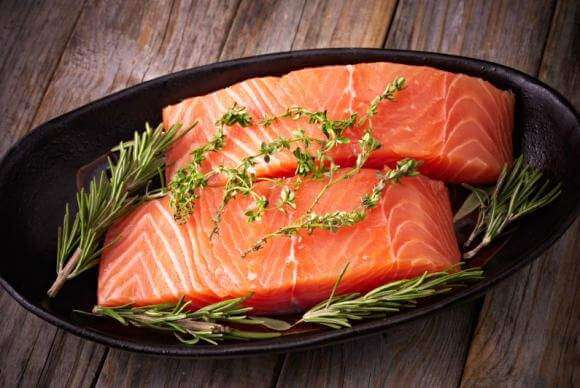 To begin with, your brain needs fatty acids. Especially the unsaturated omega 3 fatty acids are important: a shortage of these acids means that the brain cells are less able to talk to each other. As a result, your concentration may deteriorate and you may become forgetful. Unsaturated omega-3 fatty acids are found in fatty fish such as herring, mackerel, sardine, salmon and anchovies. Therefore put fish on the table at least once a week.
To begin with, your brain needs fatty acids. Especially the unsaturated omega 3 fatty acids are important: a shortage of these acids means that the brain cells are less able to talk to each other. As a result, your concentration may deteriorate and you may become forgetful. Unsaturated omega-3 fatty acids are found in fatty fish such as herring, mackerel, sardine, salmon and anchovies. Therefore put fish on the table at least once a week.
Vitamin B12
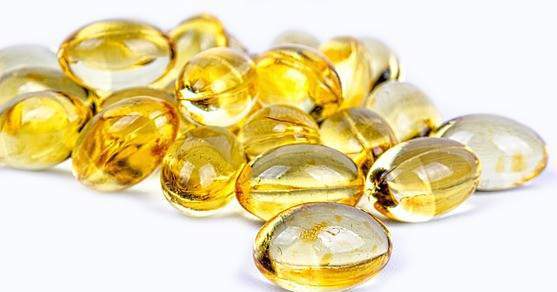 Vitamins and minerals are important nutrients for the brain. For example, a vitamin B12 deficiency can cause anemia, fatigue, concentration problems and ultimately even memory loss. Fortunately, such a deficiency is not that common, because the body can store vitamin B12 and therefore has a supply of it. It is possible that the body absorbs less vitamin B12, for example as a result of a gastrointestinal infection. Vitamin B12 is found in animal products, and in particular in meat, cheese, eggs and milk.
Vitamins and minerals are important nutrients for the brain. For example, a vitamin B12 deficiency can cause anemia, fatigue, concentration problems and ultimately even memory loss. Fortunately, such a deficiency is not that common, because the body can store vitamin B12 and therefore has a supply of it. It is possible that the body absorbs less vitamin B12, for example as a result of a gastrointestinal infection. Vitamin B12 is found in animal products, and in particular in meat, cheese, eggs and milk.
Vitamins C and E
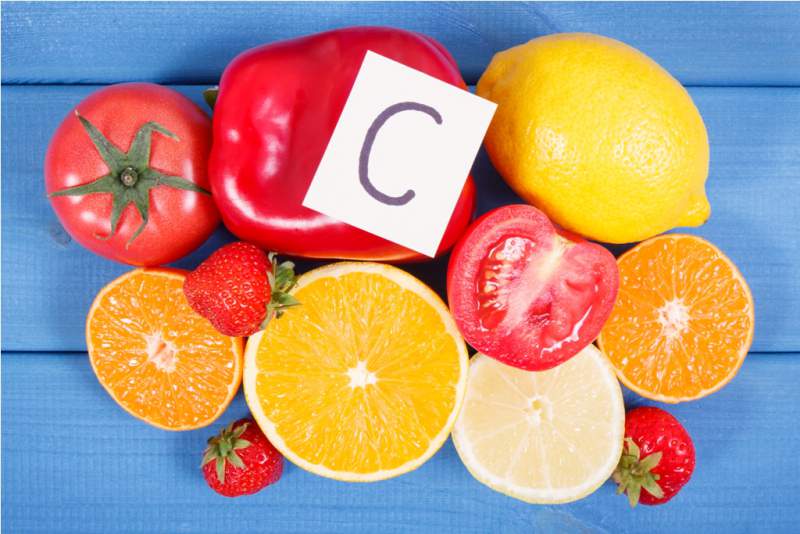 Other important vitamins for the brain are vitamins C and E. We call this the antioxidants. Research shows that these vitamins have a positive influence on the condition of the brain. Fresh fruits and vegetables contain – among other vitamins, minerals and fibers – antioxidants. It is not for nothing that the Voedingscentrum recommends eating two pieces of fruit and 250 grams of vegetables every day. Because each vegetable contains a different amount of healthy nutrients, variation is important. That way you will get enough from everywhere.
Other important vitamins for the brain are vitamins C and E. We call this the antioxidants. Research shows that these vitamins have a positive influence on the condition of the brain. Fresh fruits and vegetables contain – among other vitamins, minerals and fibers – antioxidants. It is not for nothing that the Voedingscentrum recommends eating two pieces of fruit and 250 grams of vegetables every day. Because each vegetable contains a different amount of healthy nutrients, variation is important. That way you will get enough from everywhere.
Green leafy vegetables
 The green leafy vegetables deserve extra attention. These vegetables have an enormous amount of antioxidants, vitamins, minerals and fiber. Science now knows that these substances reduce the risk of cancer, cardiovascular disease and high blood pressure. That is why these are also healthy vegetables for the brain: high blood pressure damages the heart and blood vessels, which in turn increases the risk of dementia. Examples of green leafy vegetables are spinach, lettuce, endive, Swiss chard, kale, purslane, watercress and sorrel.
The green leafy vegetables deserve extra attention. These vegetables have an enormous amount of antioxidants, vitamins, minerals and fiber. Science now knows that these substances reduce the risk of cancer, cardiovascular disease and high blood pressure. That is why these are also healthy vegetables for the brain: high blood pressure damages the heart and blood vessels, which in turn increases the risk of dementia. Examples of green leafy vegetables are spinach, lettuce, endive, Swiss chard, kale, purslane, watercress and sorrel.
Minerals
 We also call zinc, iodine and iron minerals and these play an important role in the functioning of the brain. Iodine is in bread and in some brands of kitchen salt (in that case the packaging states ‘iodine-containing’ or ‘iodised’). Sea salt contains almost no iodine. Other products with iodine are fish and eggs. Foods with iron are meat, fish, grains, potatoes, legumes and beans. Zinc is found in meat, cheese, grains, bread, nuts, shrimps and mussels.
We also call zinc, iodine and iron minerals and these play an important role in the functioning of the brain. Iodine is in bread and in some brands of kitchen salt (in that case the packaging states ‘iodine-containing’ or ‘iodised’). Sea salt contains almost no iodine. Other products with iodine are fish and eggs. Foods with iron are meat, fish, grains, potatoes, legumes and beans. Zinc is found in meat, cheese, grains, bread, nuts, shrimps and mussels.
Keep chewing
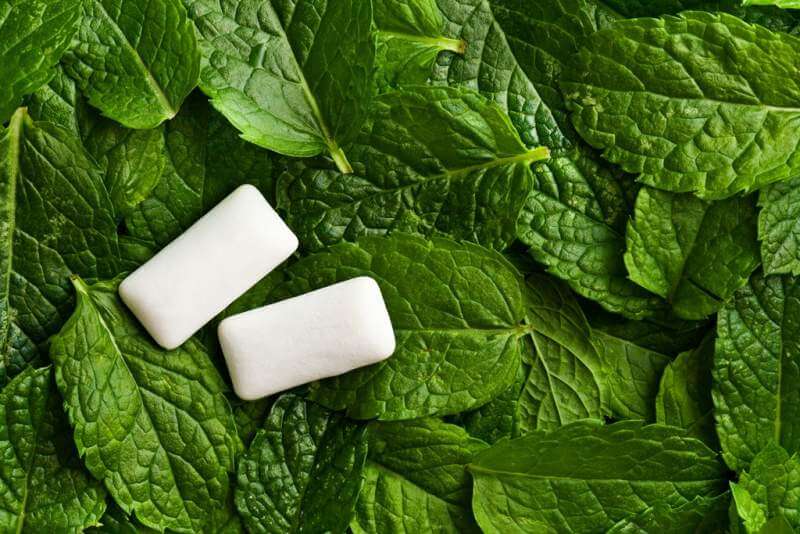 Good chewing on food has healthy side effects: the heart starts to beat a little faster and the brain gets better blood circulation. In fact, you are a bit of it while eating. The results show that blood flow improves especially in one of the large blood vessels in the brain, with 70 percent of cerebral infarcts occurring near the blood vessel, especially for older people with an unhealthy vascular system. So chewing is highly recommended, although it has not yet been proven that it actually prevents a cerebral infarction. So chewing is important even if liquid food seems easier. Do not cut the crusts off the bread and cook vegetables briefly.
Good chewing on food has healthy side effects: the heart starts to beat a little faster and the brain gets better blood circulation. In fact, you are a bit of it while eating. The results show that blood flow improves especially in one of the large blood vessels in the brain, with 70 percent of cerebral infarcts occurring near the blood vessel, especially for older people with an unhealthy vascular system. So chewing is highly recommended, although it has not yet been proven that it actually prevents a cerebral infarction. So chewing is important even if liquid food seems easier. Do not cut the crusts off the bread and cook vegetables briefly.
Eat these fats for a smart and healthy brain
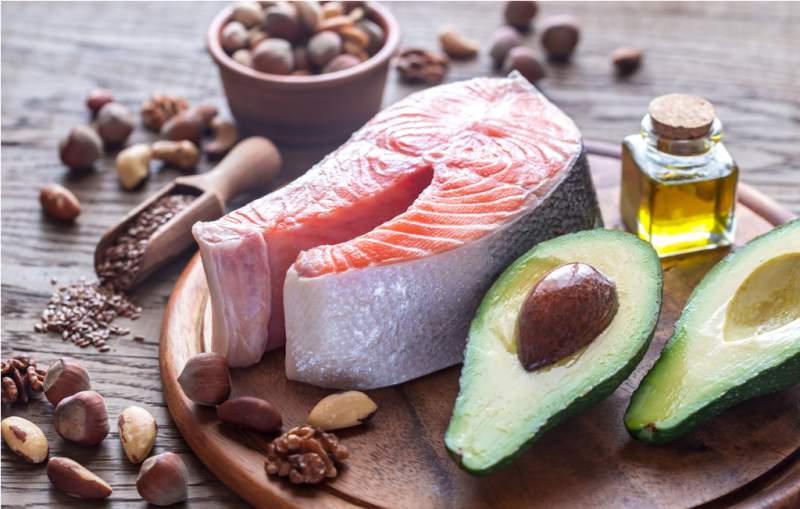 Because you feed your brain with fat, your brain produces ketosis, and that supplies energy to the brain. This energy is needed for protection against, among other things, brain diseases. A diet rich in good fats can also contribute to the production of acetylcholine, a neurotransmitter that plays an important role in learning and your memory. So eating the right fats can actually make you smarter!
Because you feed your brain with fat, your brain produces ketosis, and that supplies energy to the brain. This energy is needed for protection against, among other things, brain diseases. A diet rich in good fats can also contribute to the production of acetylcholine, a neurotransmitter that plays an important role in learning and your memory. So eating the right fats can actually make you smarter!
The best types of fat for our brain are:
1. Polyunsaturated fats
These fats contain the essential fatty acids omega-3 and omega-6. Our brains need these fats to function properly. Research also shows that eating large amounts of omega-3 fatty acids is linked to reducing depression.
2. DHA fats
This is an omega-3 fatty acid that improves various brain functions such as memory, speaking skills and motor skills. If you ingest these fats it can also lead to improvements in depression, bipolar disorders and ADHD.
3. Saturated fat
Although they (rightly) do not have a very good name, it is not necessary to completely remove saturated fats from your diet. Healthy brains need saturated fats, but beware: eat them in moderation. Saturated fat is one of the most important parts of brain cells, which is why they are indispensable for a healthy brain function. Research shows that people who occasionally eat saturated fats have a lower risk of dementia, up to 36 percent. Saturated fat also has benefits for the liver and immune system and helps to stabilize your hormone balance.
These are the products that you can eat best for a smart and healthy brain.
1. Avocado
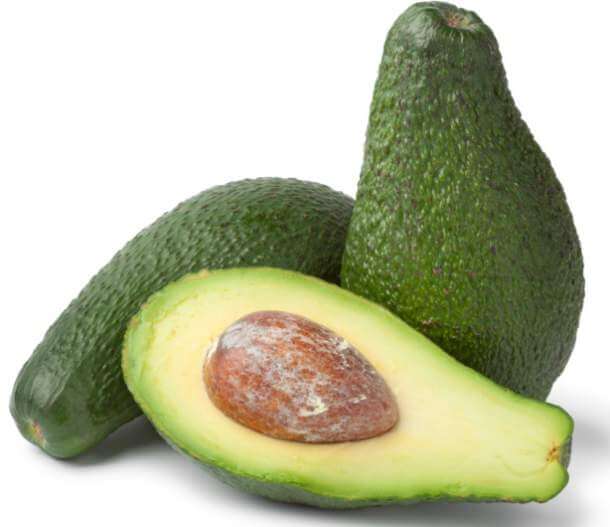 The unsaturated fats in avocado improve brain function, because it ensures a healthy blood flow and a healthy blood supply to the brain.
The unsaturated fats in avocado improve brain function, because it ensures a healthy blood flow and a healthy blood supply to the brain.
2. Salmon
 Salmon contains a high content of omega-3 fatty acids. It is best to eat the salmon steamed or lightly grilled to preserve the most omega-3 fatty acids. As a sushi fan you are lucky, Omega-3 fatty acids are also present in raw fish.
Salmon contains a high content of omega-3 fatty acids. It is best to eat the salmon steamed or lightly grilled to preserve the most omega-3 fatty acids. As a sushi fan you are lucky, Omega-3 fatty acids are also present in raw fish.
3. Nuts
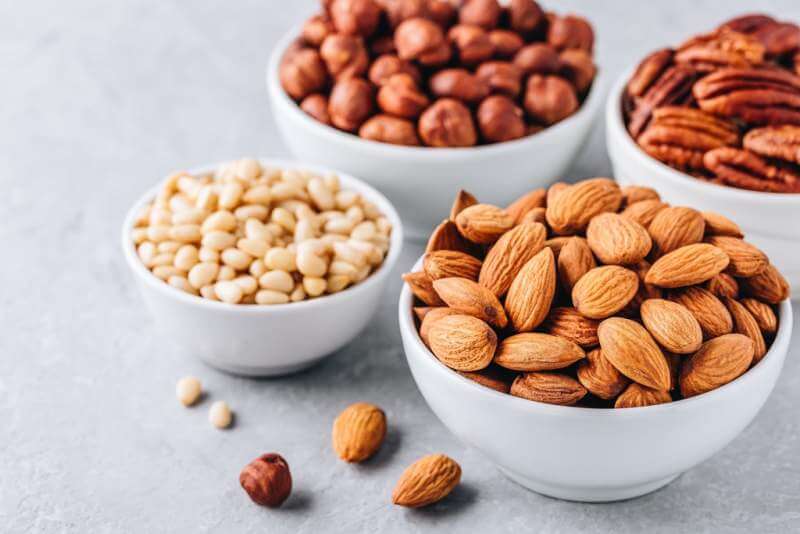 Nuts are a good source of unsaturated fats and vitamin E, both of which contribute to better brain function. Almonds, pecans and walnuts help you to protect against loss of knowledge and thinking.
Nuts are a good source of unsaturated fats and vitamin E, both of which contribute to better brain function. Almonds, pecans and walnuts help you to protect against loss of knowledge and thinking.
4. Olive oil
 The healthy fats in olive oil suit almost every meal. Olive oil can help to improve memory and protect you against forms of dementia.
The healthy fats in olive oil suit almost every meal. Olive oil can help to improve memory and protect you against forms of dementia.
Author Bio
Matthew Swayne is a cognitive expert, taking workshops and writing since last 8 years on cognition, brain health, memory enhancement and stress related issues on his We The Brainys and other online platforms.
Facebook – https://www.facebook.com/We-The-Brainys-292338724609934
Pinterest – https://pinterest.com/wethebrainys
